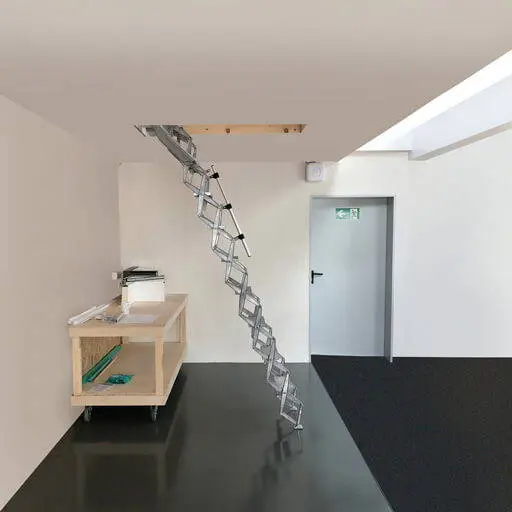The Government is unable to provide any compelling examples of what Levelling Up funding has delivered so far.
In a new report, the Public Accounts Committee (PAC) warns that councils have been able to spend just a fraction of the Government’s promised Levelling Up funding, with only just over 10% of the funds provided to reduce inequality under the Levelling Up agenda actually spent and making a difference on the ground.
The PAC’s report finds that, of £10.47bn in total funding from central government, which must be spent between 2020-21 and 2025-26, local authorities have been able to spend only £1.24bn from the Government’s three funds as of Sept 2023. Furthermore, only £3.7bn had been given to local authorities out of the total allocation by the Department for Levelling Up, Housing and Communities (DLUHC) by December 2023.

In evidence to the PAC, DLUHC cited project-specific issues and the impact of the pandemic and inflation for a lower-than-anticipated level of spending to date. The PAC is calling for six-monthly updates from DLUHC, both on the amount of money released to and spent by councils, and on the progress of projects themselves.
The report finds that more impactful bids to funding lost out due to optimism bias in favour of so-called ‘shovel-ready’ projects. Yet, the report raises concerns that not enough was done by DLUHC to understand the readiness of schemes and the challenges facing local authorities before funds were awarded. This also means that DLUHC has had to extend the deadline for successful bidders for earlier funds to spend their money. Round 1 of Levelling Up Funding was awarded to ‘shovel-ready’ projects that were supposed to be completed and delivering for local people by March 2024 – but 60 out of 71 of these projects have had to extend to 2024-25, with further delays in other schemes likely.
The PAC’s inquiry also found a worrying lack of transparency in DLUHC’s approach to awarding funds, with rules for accessing funding changing while bids were still being assessed, which was also not communicated in advance to councils. 55 local authorities therefore bid under changed rules with no chance of being successful in Round 2, with an average bid for grants like Levelling Up costing around £30k. This approach wasted scarce public resources, and the report calls on DLUHC to set out the principles it will apply and the decision-making process for awarding future Levelling Up funds.
Dame Meg Hillier MP, Chair of the Committee, said: “The levels of delay that our report finds in one of Government’s flagship policy platforms is absolutely astonishing. The vast majority of Levelling Up projects that were successful in early rounds of funding are now being delivered late, with further delays likely baked in. DLUHC appears to have been blinded by optimism in funding projects that were clearly anything but ‘shovel-ready’, at the expense of projects that could have made a real difference. We are further concerned, and surprised given the generational ambition of this agenda, that there appears to be no plan to evaluate success in the long-term.
“Our Committee is here to scrutinise value for money in the delivery of Government policy. But in the case of Levelling Up, our report finds that the Government is struggling to even get the money out of the door to begin with. Government has not helped the situation by changing the rules for funding mid-process, wasting time and money and hindering transparency.
“We will now be seeking to keep a close eye on DLUHC’s progress in unclogging the funding system. Citizens deserve to begin to see the results of delivery on the ground.”
Responding to a Public Accounts Committee report on levelling up funding delivery so far, Cllr Martin Tett, Chairman of the Local Government Association’s People and Places Board, said: “Levelling up funding has the potential to transform communities across the country and many projects are already underway.
“As this report notes, the pandemic and inflation has led to increasing construction costs alongside wider supply and skills shortages. It is good that the Government has already provided greater flexibilities for councils on how they can spend their existing funding to take account of some of these delays.
“We need to realise the benefits of joined-up, multi-annual, long term funding and continue to move away from costly competitive bids between areas, so we can save money, drive up productivity and truly deliver levelling up as envisaged.”




















